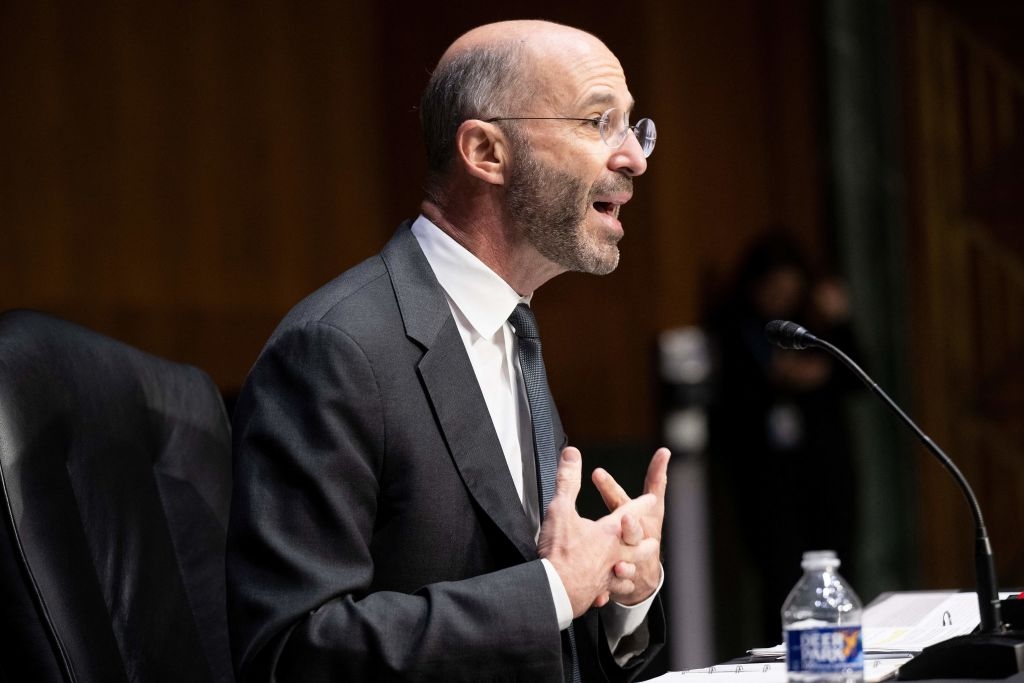- Many analysts argue that the nuclear deal — original and revised — is primarily about legitimizing Iran's nuclear program. The deal, they say, is designed to strengthen, not weaken, the Islamic Republic.
- Statements by Obama and his senior foreign policy advisors, the same people who are now advising President Biden, reflect a belief — a naïve one, many say — that if Iran were stronger, and traditional American allies — Israel, Saudi Arabia and Turkey — were weaker, the Middle East could achieve a new balance of power that would result in more peaceful region.
- "The catch to Obama's newly inclusive 'balancing' framework was that upgrading relations with Iran would necessarily come at the expense of traditional partners targeted by Iran — like Saudi Arabia and, most importantly, Israel. Obama never said that part out loud, but the logic isn't hard to follow: Elevating your enemy to the same level as your ally means that your enemy is no longer your enemy, and your ally is no longer your ally." — Lee Smith, Middle East analyst, Tabletmagazine.
- "The Realignment rests on, to put it mildly, a hollow theory. It misstates the nature of the Islamic Republic and the scope of its ambitions. A regime that has led 'Death to America' chants for the last 40 years is an inveterately revisionist regime. The Islamic Republic sees itself as a global power, the leader of the Muslim world, and it covets hegemony over the Persian Gulf — indeed, the entire Middle East." — Tony Badran and Michael Doran, Middle East analysts, Tablet magazine.
- "After oil, the Islamic Republic's major export item is the IRGC-commanded terrorist militia — the only export that Iran consistently produces at a peerless level. Malley and Sullivan got it exactly wrong when they argued, in effect, that allies are suckering the United States into conflict with Iran. It is not the allies but the Islamic Republic that is blanketing the Arab world with terrorist militias, arming them with precision-guided weapons, and styling the alliance it leads as 'the Resistance Axis.' It does so for one simple reason: It is out to destroy the American order in the Middle East." — Tony Badran and Michael Doran.

U.S. Special Envoy for Iran Robert Malley confirmed this week that the Biden administration is seeking a new nuclear deal with Iran that is "shorter" and "weaker" than the original deal. Malley also admitted that the Biden administration does not have a back-up plan to prevent Iran from obtaining a nuclear weapon. Pictured: Malley, testifies at a hearing of the Senate Foreign Relations on May 25, 2022, in Washington, DC. (Photo by Brendan Smialowski/AFP via Getty Images)
U.S. Special Envoy for Iran Robert Malley has confirmed that diplomatic efforts to revive the Iran nuclear deal originally signed by U.S. President Barack Obama are at an impasse. "We do not have a deal with Iran, and prospects for reaching one are, at best, tenuous," Malley told the Senate Foreign Relations Committee during a hearing on May 25.
Malley also admitted that the Biden administration is seeking a new deal that is "shorter" and "weaker" than the original deal. U.S. Secretary of State Antony Blinken, during his confirmation hearing in January 2021, promised that the administration would pursue a new deal that is "longer" and "stronger."
When asked if he knew about efforts by Iran to hide its prior nuclear work from the International Atomic Energy Agency, Malley responded: "Senator, did Iran lie? Of course. Did Iran have a covert nuclear program? Absolutely. That's the reason why prior administrations imposed such crushing sanctions on Iran."
Continue Reading Article

No comments:
Post a Comment